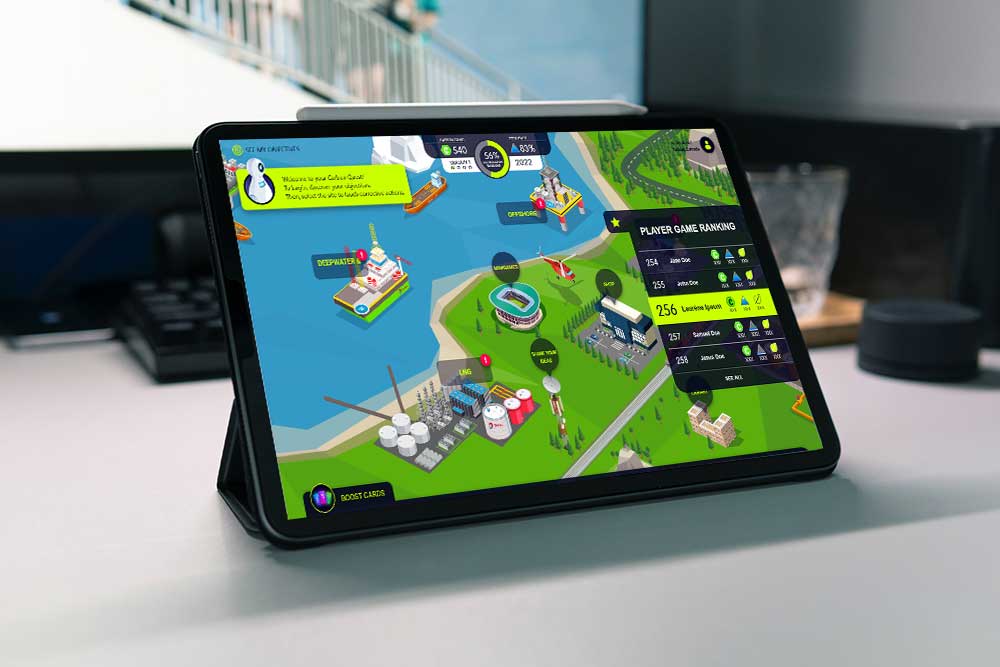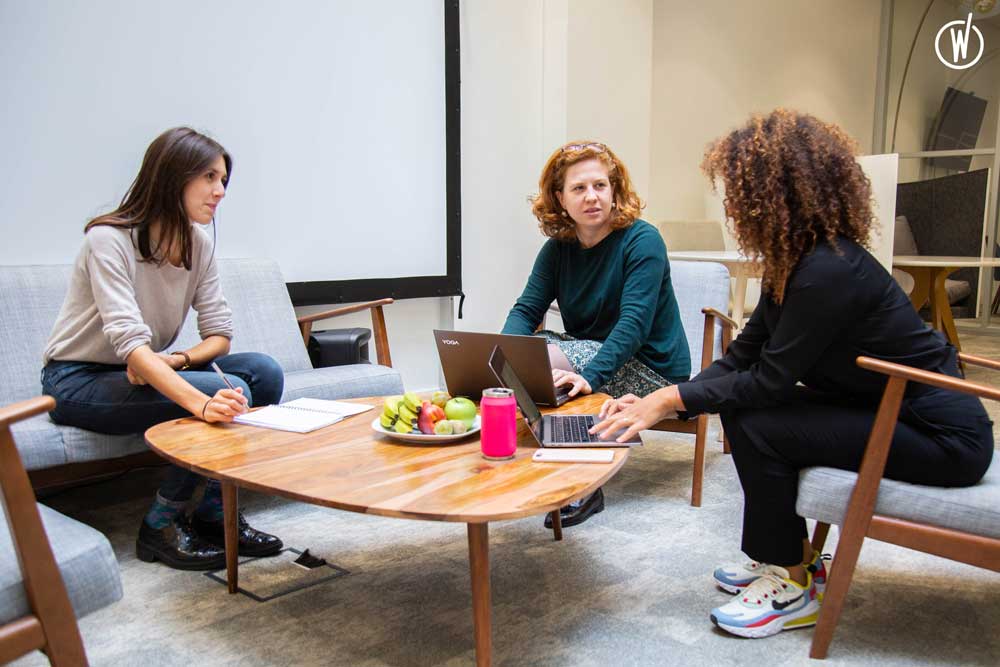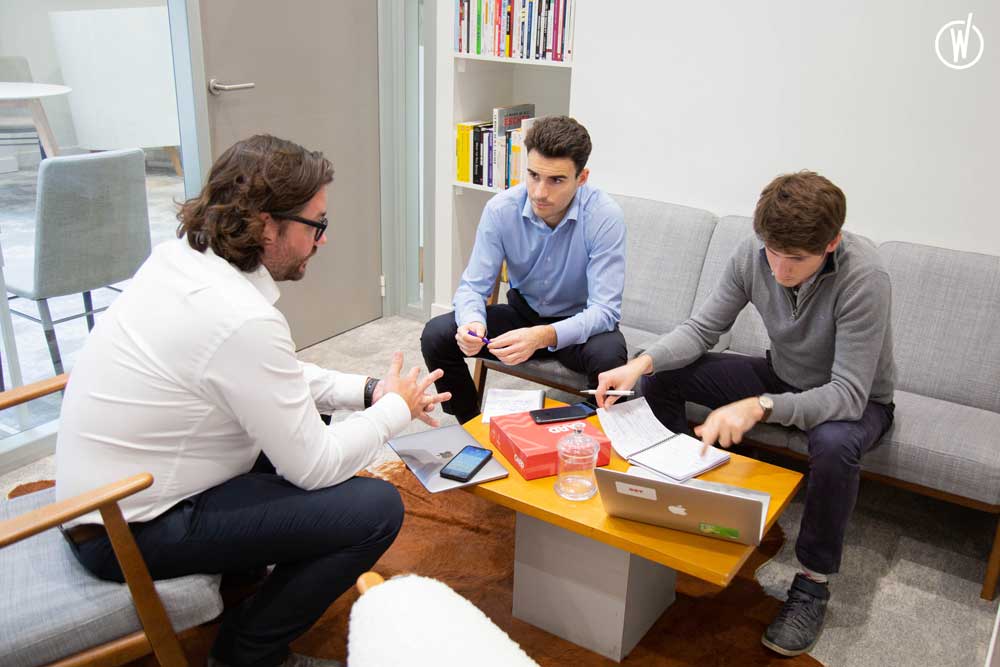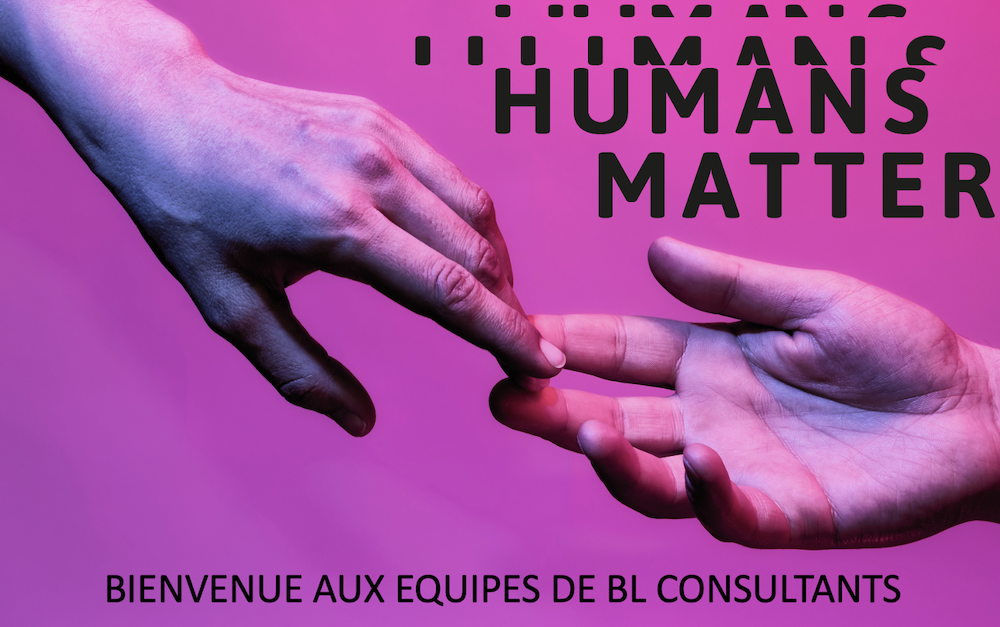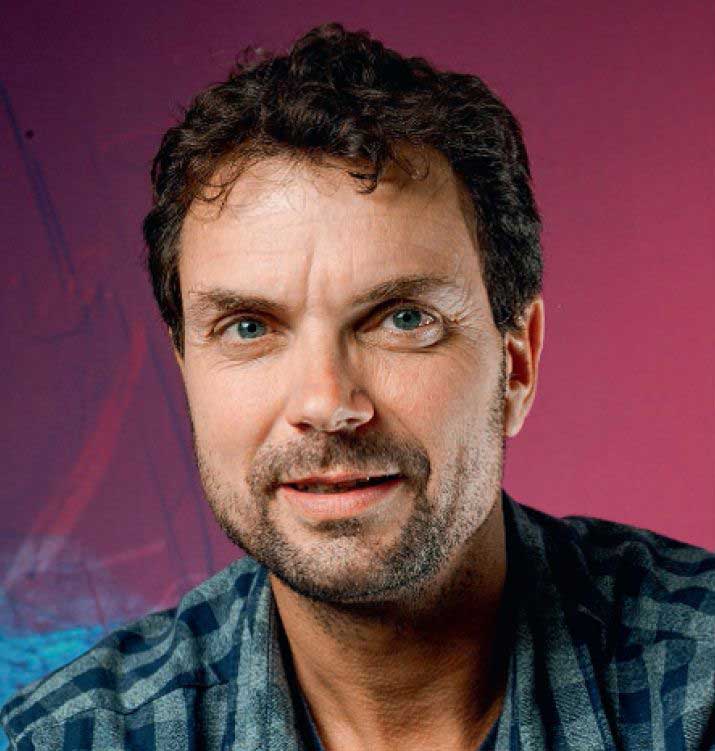In the face of the economic, social, and environmental crisis, each of us has understood that our actions within a company are part of ecosystems that go beyond the conventional framework of the company. Thus, 80% of employees say they want to do more for the social and ecological responsibility of their organization. Source: Observatoire salariés et entreprises responsables (Observatory for Employees and Responsible Companies), 2020.
There is still a long way to go for directors and managers, who are still torn between their personal convictions and the constraints of the company, as demonstrated by Emmanuel Faber’s testimony following his firing: “I don’t believe that the company is enclosed in an economic system that only incentivizes taking advantage of each other and maximizing profits. The market economy’s logic must be reformed in the direction of greater resource efficiency and social inclusion.”
The market economy’s logic must be reformed in the direction of greater resource efficiency and social inclusion
Emmanuel Faber
During the COVID crisis, companies not only adapted, they showed an incredible capacity for innovation. Some have strengthened their resilience by further integrating their economic partners at both international and local levels, others by continuing to integrate their activities into social and environmental ecosystems to limit negative impacts.
Moving away from a “principal-supplier” relationship, the initiatives of companies in this period show that a partnership and co-creative vision within a productive ecosystem can create value for all. This is illustrated by the partnership between L’Occitane and its packaging supplier, Albea. Together, they were able to bring bottles of hydroalcoholic gel to the market in a very short time. For their part, Intermarché shops have registered en masse on a platform developed specifically to help producers sell their surplus product – jaidelesproducteurslocaux.fr.
The local and sustainable development of CAMIF – which characterizes the brand – has accelerated underl Emery Jacquillat, who stated, “Camif is benefiting from the growth of e-commerce, in particular from the shift to action by consumer-citizens who, thanks to the COVID crisis, probably have understood that we need to change our consumption habits by favoring local and sustainable products; as for us, we’ve been campaigning for that change for 10 years.”
How can we encourage the generalization of committed companies?
Pascal Demurger, Managing Director of MAIF
The path to follow is that of a collective commitment, as proposed by Pascal Demurger, Managing Director of MAIF, which has become a company with a mission: “How can we encourage the generalization of committed companies? By putting all the conditions in place so that companies have a strategic and commercial interest in social, environmental, and organizational issues. It is not enough for a manager to be convinced; it’s when the company can gain from change that the subject of commitment will be considered. This interest can be generated by consumer pressure.”
To be sustainable, these new ecosystem practices must go beyond simple adaptation mechanisms and be rooted in a profound change of mental models at all levels of the company. A mental model is a cognitive representation of reality that conditions our actions. It is a set of concepts and beliefs through which we see and interpret the world.
Several mental models can coexist together in a company and they can evolve, for example when a company adopts a new raison d’être. This is a systemic change that can only take place in a collective dynamic, driven by the excom, carried by the managers, and embodied by everyone.
When a company’s sustainable development is no longer based solely on the commitment of its employees, but on the commitment of all of the company’s stakeholders, then managers have the opportunity to become leaders of a collective mobilized around missions that go beyond the company alone.
This new paradigm of corporate responsibility poses a new managerial challenge: to take care of people, their essential needs and their environment in order to release individual and collective potential and create new sources of commitment to the common good.
A new mental model of the managerial function and the way it is exercised is necessary so that managers can mobilize their teams on short and long term issues, mobilize on economic as well as social and environmental issues, and mobilize beyond one’s natural team… all stakeholders.
An invitation to connect to what really matters to oneself and to others, to integrate systemic thinking into projects, to adopt more human, more open, more collaborative practices… An alignment of individual and collective values that breathes new life, gives meaning to one’s activity within the company and opens up new opportunities for collaboration.
A reinvention of the managerial posture to take on the role of leader of the group, which requires new skills and practices. According to Frédéric Pauthier, Director of Human Resources and Institutional Life at MGEN, they are working on three themes for 2023: collective intelligence and co-construction, autonomy, and management-coaching. “First, the challenge will be to work with managers on how they can make decision-making more horizontal. Then, we will have to find ways to increase the autonomy of employees, without managers being on their back. In this respect, it is the trajectory of the objectives that is important. Finally, we had already observed internally that to create more commitment, the manager must become a coach. We were already moving towards this philosophy before the crisis, but now we are implementing it even faster.”
We will have to find ways to increase employee autonomy
Frédéric Pauthier, Director of Human Resources and Institutional Life at MGEN
Is the crisis we have just experienced not an invitation to develop more systemic, more human, more open, and more collaborative practices in the face of sustainable development challenges?
Let us seize the opportunity to implement profound changes that will allow a sustainable recovery of our activities in line with economic, social, and environmental issues. It is our entire society that must keep presenting a united front. Managers will remain in the front line with their teams to succeed in this challenge.








